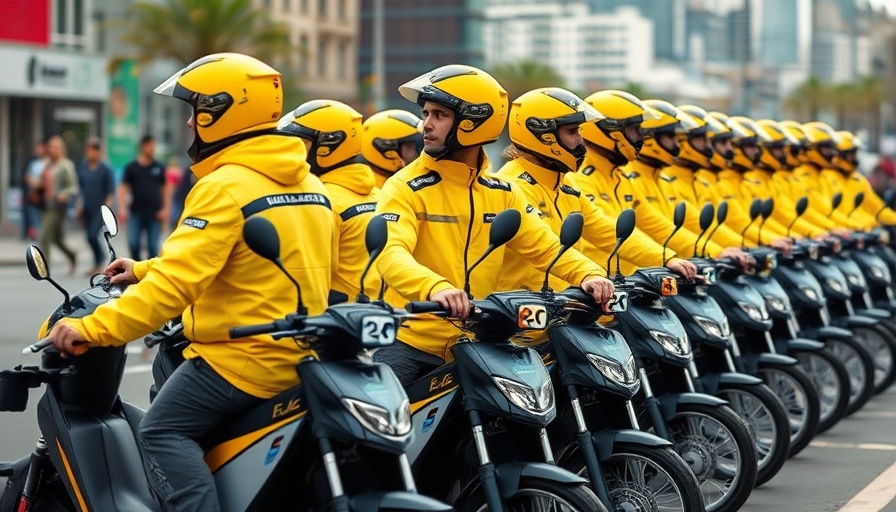
Revolutionizing Urban Mobility in Maharashtra
The recent approval of a policy for electric bike taxis in Maharashtra signals a significant shift in the way urban transportation will function in the state. With increasing traffic congestion and pollution levels, this initiative is poised to provide a cleaner, more efficient way for residents to navigate bustling cities.
In 'Maharashtra cabinet approves policy for e-bike taxis in urban areas', the discussion dives into the transformative potential of electric bike taxis in urban settings, exploring key insights that sparked deeper analysis on our end.
Environmental and Economic Implications
The introduction of e-bike taxis offers not just an eco-friendly alternative to traditional taxis but also an opportunity for economic growth. With lower operational costs due to reduced fuel expenses and potential government incentives, this innovative transport model could foster entrepreneurship among local bike operators. The potential reduction in greenhouse gas emissions is an added bonus, as cities strive to meet climate goals.
Connecting Communities
Electric bike taxis can enhance social connectivity by providing accessible transportation options, particularly for underserved areas. As urban centers often see a disparity in public transport availability, e-bike taxis can fill the gap, ensuring that all residents can travel effortlessly for work, shopping, or leisure. This aspect is crucial for community development.
What This Means for the Future
The move represents Maharashtra's commitment to modernizing its transportation infrastructure while addressing pressing environmental concerns. As cities worldwide grapple with similar challenges, Maharashtra's pioneering step could inspire other states and cities to adopt similar policies, leading to a potential national shift toward sustainable urban mobility solutions.
 Add Row
Add Row  Add
Add 




Write A Comment